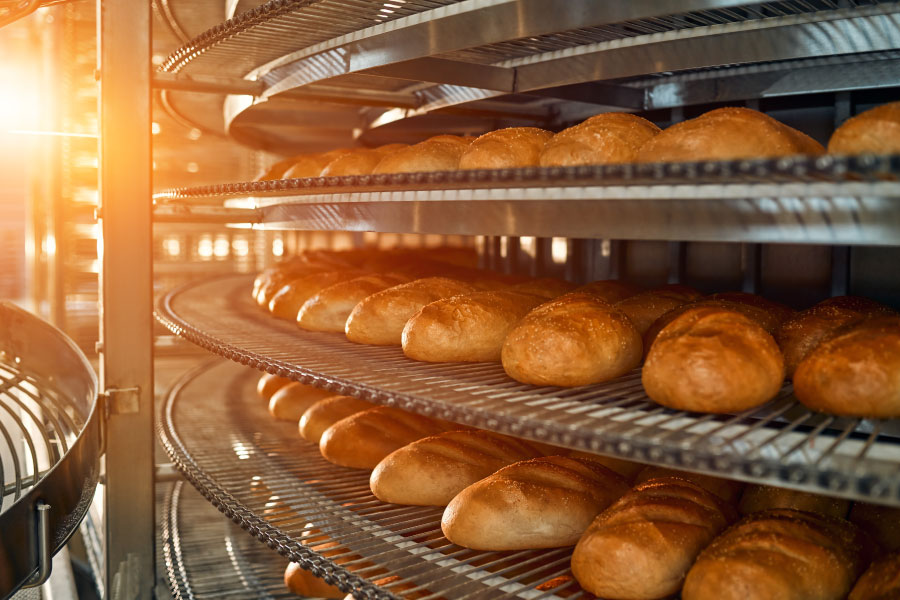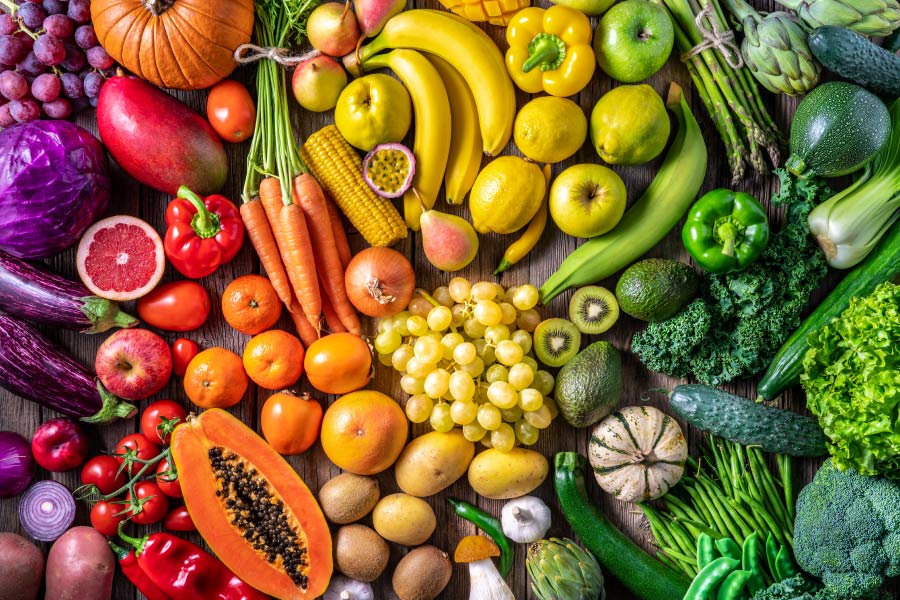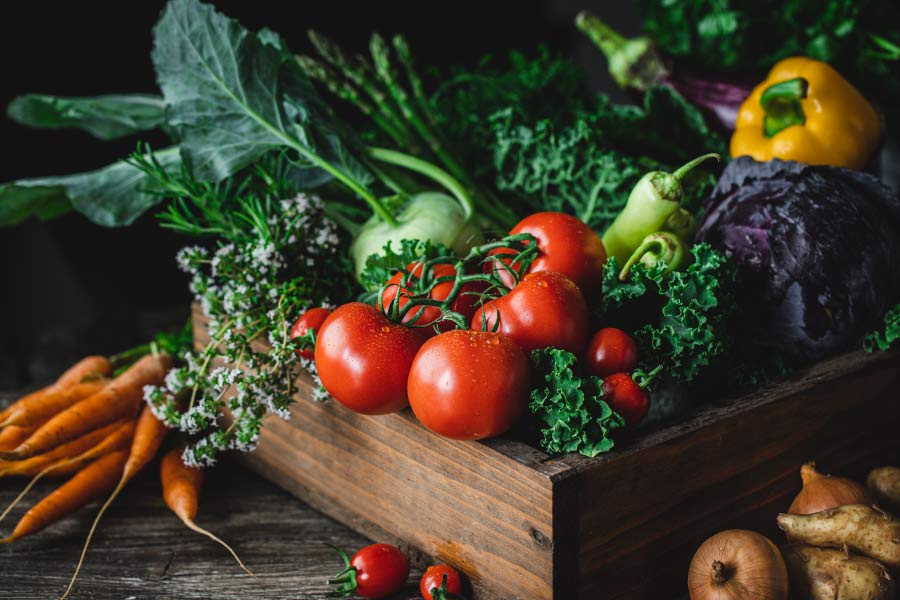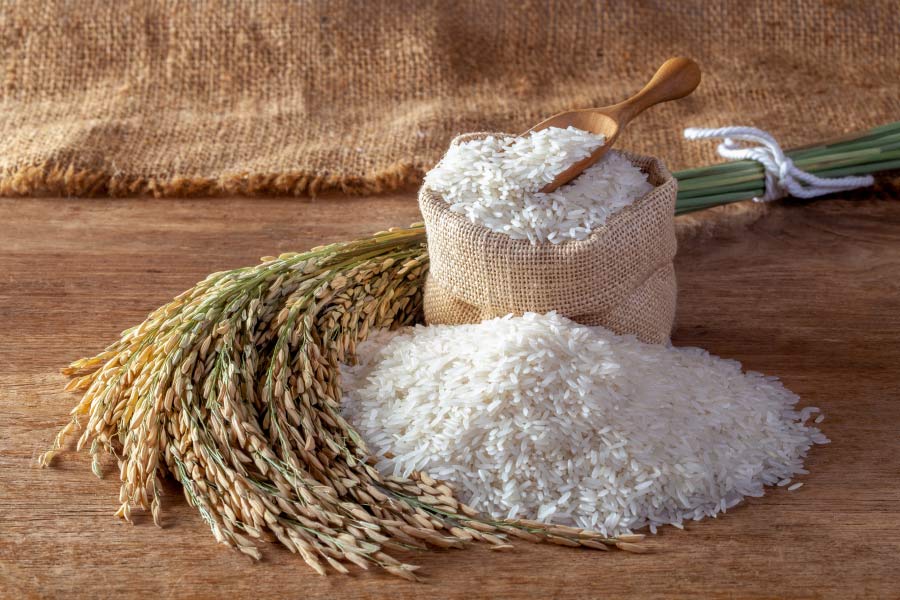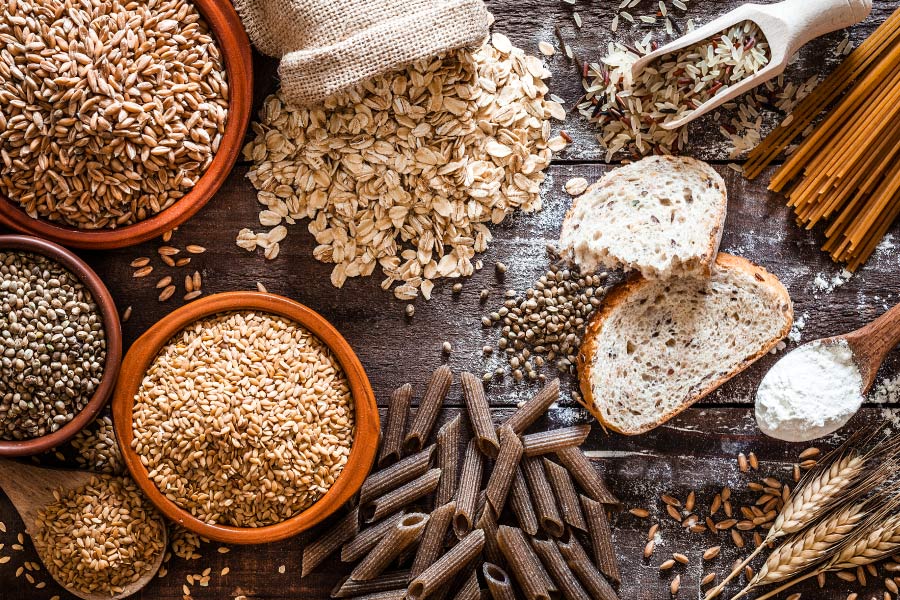
Acrylamide
Cadir Lab determines acrylamide in food products by liquid chromatography coupled with triple quadrupole mass spectrometry (LC-MS-MS) to ensure compliance with the reference limits indicated by the European Commission also for foods intended for infants. The test is accredited by Accredia as specified on the Accreditation Body’s website.
Acrylamide is a chemical substance that forms naturally in food during cooking at high temperatures (frying, baking / grilling) and also during industrial transformation processes at over 120 ° C and low humidity.

Through the interaction of sugars and proteins during cooking, complex phenomena take place that give the food the appearance of grilled, making it tastier and with the characteristic aroma of baked bread. This set, known as the Maillard reaction, through three different phases, can lead to the development of acrylamide.
Exposure to acrylamide is mainly due to fried potato-based foods, coffee and baked goods. For smokers, cigarette smoke becomes the major source of exposure.
Acrylamide is classified as genotoxic and carcinogenic and has no binding limits but the indicative values mentioned in the Commission Regulation (EU) 2017/2158 of 20 November 2017
